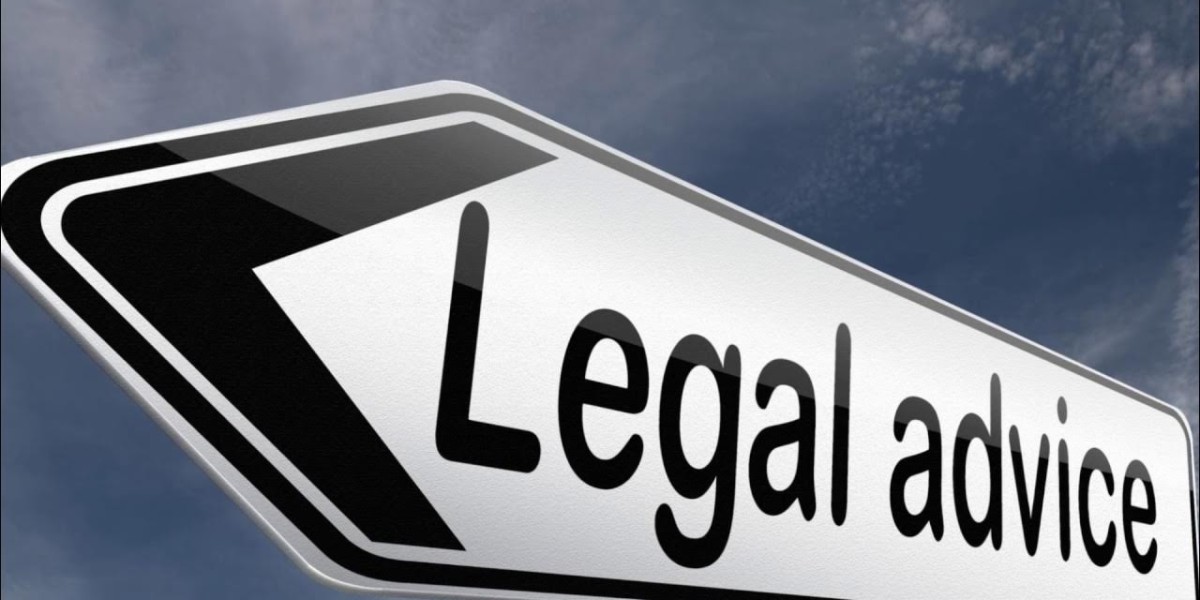When you suffer an injury due to someone else’s negligence, the road to recovery can be stressful — both physically and financially. One of the most important parts of this journey is understanding how the settlement process in personal injury cases works. Knowing what to expect can help you make informed decisions and ensure you receive fair compensation for your losses.
1. What Is a Personal Injury Settlement?
A personal injury settlement is an agreement between the injured party (the plaintiff) and the at-fault party (usually through an insurance company) to resolve the claim without going to trial. Instead of letting a court decide the outcome, both sides agree on a compensation amount that covers the victim’s damages — such as medical expenses, lost wages, and pain and suffering.
2. The Initial Consultation and Case Evaluation
The process begins when you meet with a personal injury lawyer hamilton. During this consultation, your lawyer evaluates your case by reviewing details of the incident, available evidence, and the extent of your injuries. They’ll determine if your case has strong legal grounds and estimate a potential settlement value based on similar cases and legal precedents.
3. Investigation and Evidence Gathering
Your lawyer will collect evidence to support your claim. This includes:
Medical records and bills
Accident reports
Witness statements
Photos or videos of the scene
Expert testimonies (e.g., medical or accident reconstruction specialists)
A strong evidence base strengthens your position during settlement negotiations and helps prove the other party’s negligence.
4. Sending the Demand Letter
Once your lawyer has gathered enough evidence, they’ll draft a demand letter — a formal document sent to the at-fault party’s insurance company.
This letter outlines:
The facts of the case
The injuries sustained
The financial and emotional damages suffered
The total compensation amount being sought
The insurance company will review this letter and respond with either an acceptance, a counteroffer, or a denial.
5. Negotiations with the Insurance Company
Negotiation is often the most crucial stage of the settlement process. Insurance companies may try to minimize their payout by disputing liability or undervaluing your damages. This is where an experienced lawyer becomes essential — they use legal knowledge and negotiation skills to push for the best possible settlement.
In some cases, several rounds of negotiation may occur before both parties agree on a fair amount.
6. Settlement Agreement and Payment
Once both sides agree on a settlement, the terms are documented in a written settlement agreement. You’ll typically release the at-fault party from further liability in exchange for the agreed payment.
After signing, the insurance company usually issues the payment within a few weeks. Your lawyer will deduct any legal fees or case-related expenses, and you’ll receive the remaining balance.
7. When Settlements Can’t Be Reached
If negotiations fail to produce a fair settlement, your lawyer may recommend filing a lawsuit. While most personal injury cases settle out of court, taking the case to trial may be necessary when the insurance company refuses to offer reasonable compensation.
Litigation can take longer, but it ensures your right to seek justice is protected.
8. Why Legal Representation Matters
Navigating the personal injury settlement process alone can be overwhelming. A qualified personal injury lawyer handles everything from gathering evidence to negotiating with insurers, allowing you to focus on recovery. They also ensure you don’t accept a settlement that undervalues your claim.
Conclusion
Understanding the settlement process in personal injury cases gives you the confidence to make informed decisions and avoid costly mistakes. With skilled legal representation, you can secure the compensation you deserve for your injuries, medical bills, and emotional suffering — helping you move forward with peace of mind.








